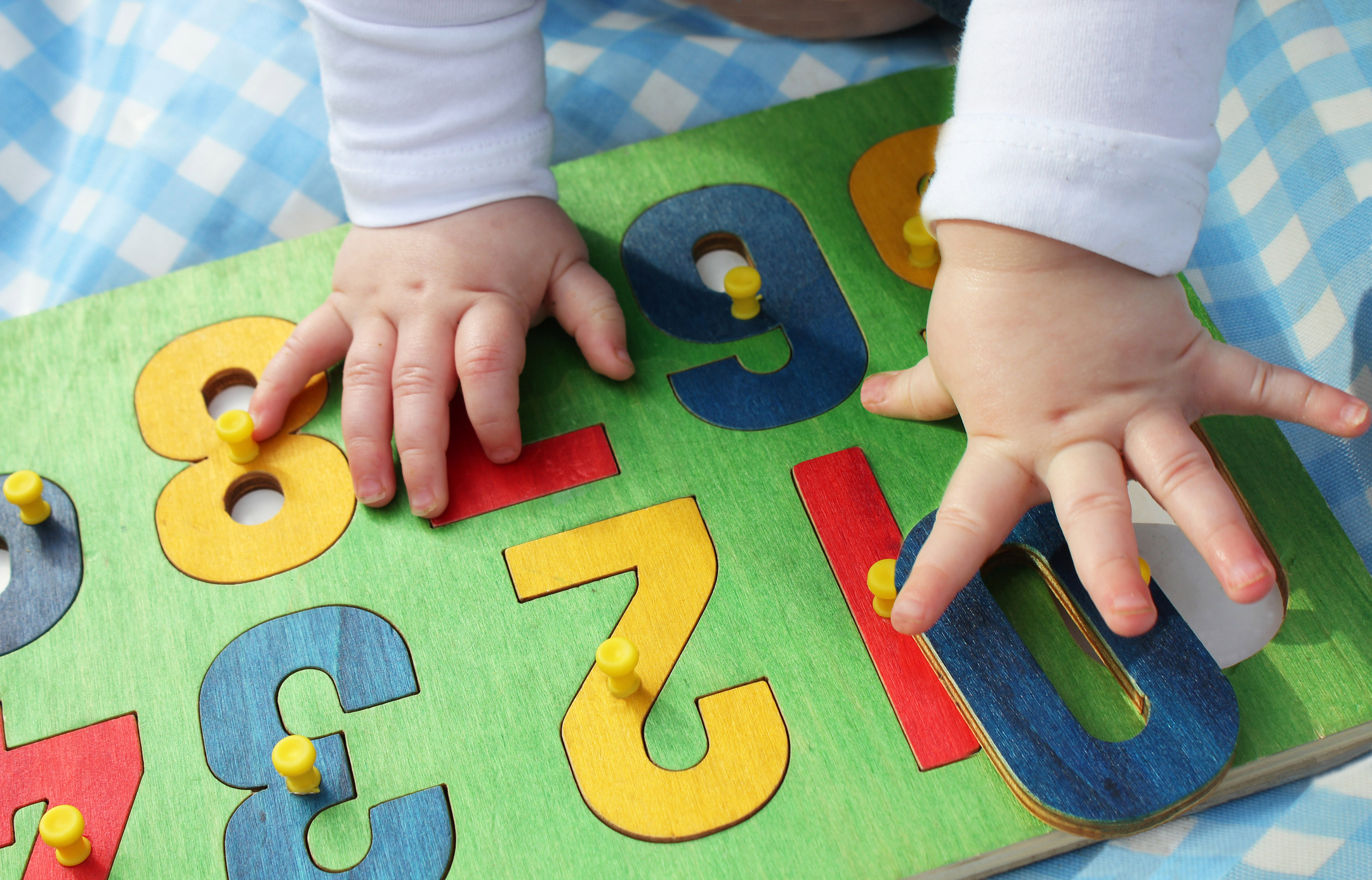Explore resources and activities relevant to courses that focus on the teaching of foundational mathematical concepts in prekindergarten, kindergarten, and the primary grades. In these types of courses, pre-service teachers learn the value of “mathematizing” the worlds of children and creating authentic experiences through which children learn key mathematics concepts.
Course Activity 1: Math and the Project Approach
In this blog, Math and the Project Approach Dr. Sallee Beneke describes how joint recommendations by the National Association for the Education of Young Children (NAEYC) and the National Councils of Teachers of Mathematics (NCTM) can be addressed through project work with children ages 3-5 yrs. old. Math concepts are easily embedded in project work as Dr. Beneke describes in this essay. Students will want to review the list of joint recommendations. Questions for reflection/discussion may include: How do you build math concepts into children’s daily activities? What recommendations are the most difficult to embed into preschool routines? Which are the easiest? As you plan classroom routines and activities which math concepts do you believe are most important for children to learn? How will you assess children’s progress in learning math concepts?
Course Activity 2: Standards Start at Home Slides (Math)
These slides, Math Activities include fun math activities for families to try at home with their young child. Questions for reflection/discussion: How might students share these slides with children’s families? How can teachers and caregivers support the families of young children to engage in math conversations and activities at home? Which activities would students want to share with families? How can families and teachers share children’s math conversations and/or activities (e.g., provide copies of children’s observational drawings, share a photo of a child with a completed shape puzzle, send families a brief video clip of a child classifying objects)? Another excellent free math resource designed for families is the Tip Sheet, Making Sense of Numbers.
Course Activity 3: Teaching Math Concepts with Block Play
Listen to the podcast or read the blog, Mathematize: Busy with Blocks. Block play is one of the ways teachers can provide opportunities for young children to learn key math concepts. Students can draw on paper their current classroom placement (or their future) classroom block area. Have students list what materials they would include in that center and why those materials would be important for learning early math concepts (see the Tip Sheet, Make Room for Blocks!) for some suggestions). Watch the video clip, One Morning in the Block Area. Have students share with the class any examples they may have observed of young children in the block center and how teachers encouraged the children’s mathematical thinking.
Course Activity 4: Math in Action
These short video clips, Counting Chickens, Counting Crackers, and Sara Measures depict young children engaged in activities with their peers that address several of the Illinois Early Learning and Development Standards (IELDs) Math Benchmarks. How would the students extend these young children’s knowledge about mathematical concepts? Working in pairs, have students develop follow up activities to extend the children’s understanding about math concepts as described in the IELDs Math Benchmarks. Each pair of students can then share their follow up activities with the rest of the class.
Course Activity 5: Path to Math
These Tip Sheets (see below) are a subset of the IEL Project Path to Math series. There are eight total Path to Math Tip Sheets in the series. Each Tip Sheet contains suggestions for activities to support children’s knowledge about math concepts. Questions for reflection/discussion: How have the students addressed these math concepts in their practicum setting? When have they observed teachers using graphs with young children? What are some favorite games they know about that teach classification skills? Why is it important to ask children to explain how they solved a simple word problem? Encourage students to look up the other Path to Math Tip Sheets on the IEL Project website for more suggestions to address children’s mathematical thinking.
